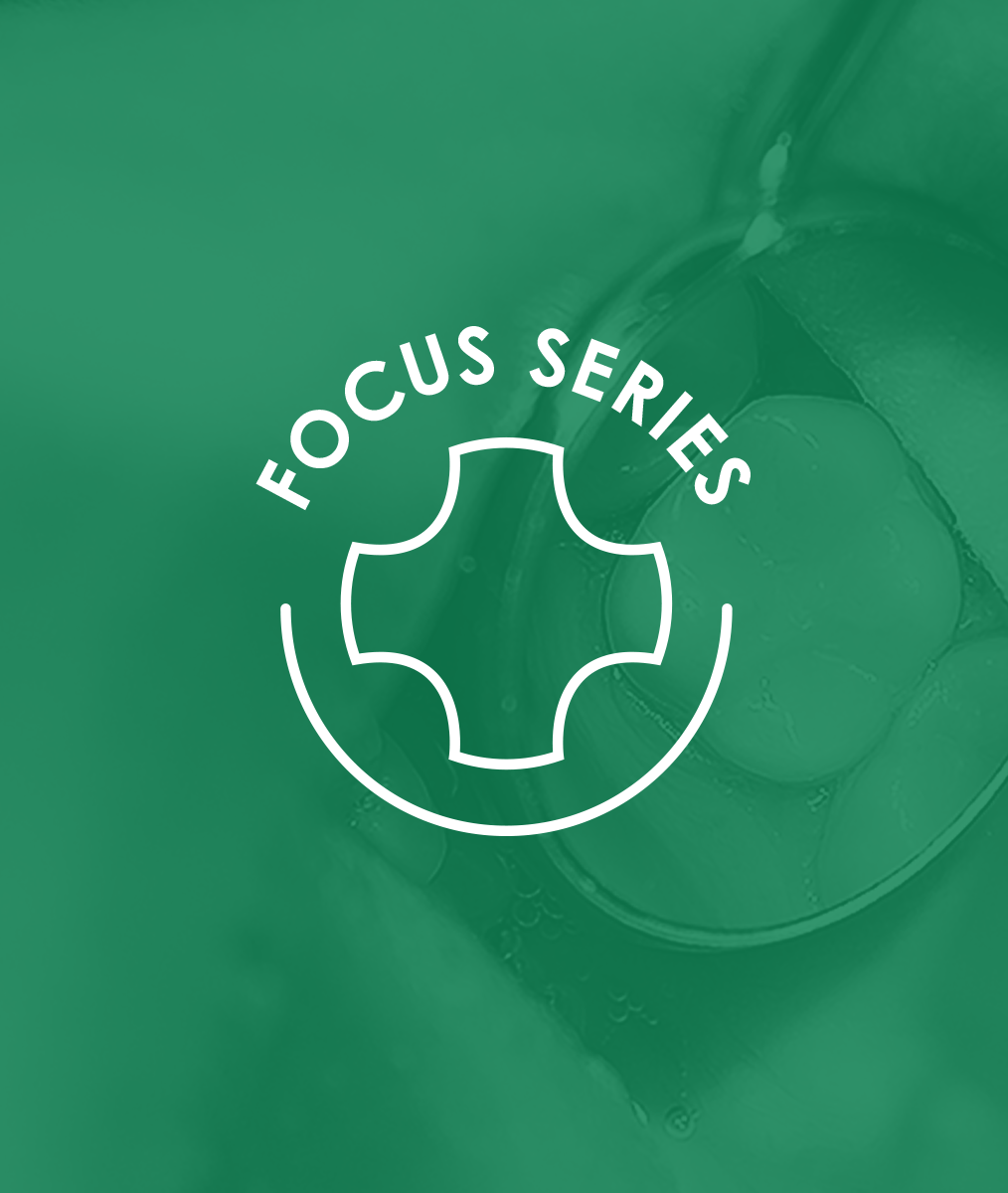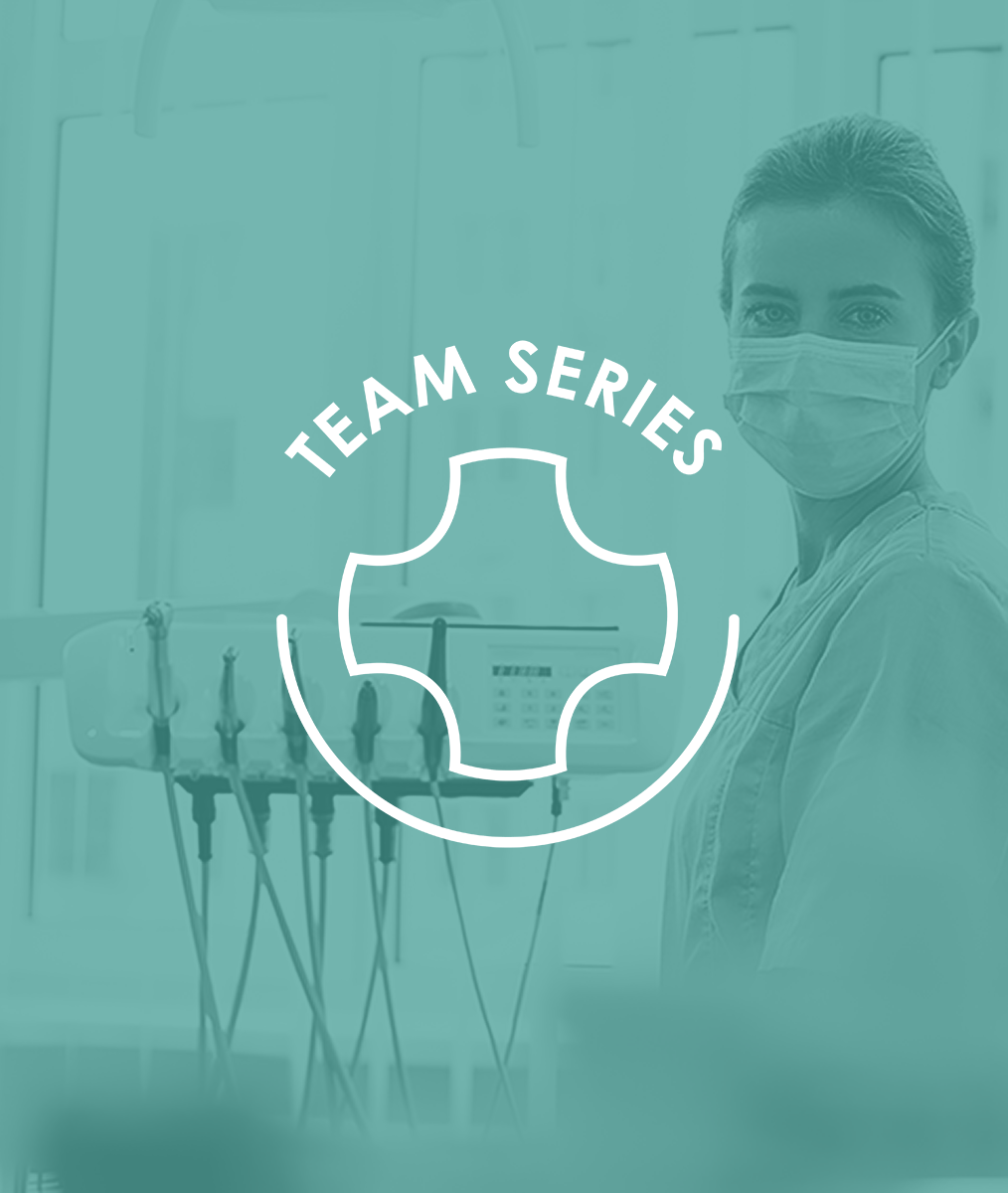Believe in Your Ideas. Believe in Yourself.
“Whatever the mind of man can conceive and believe, it can achieve.” — Napoleon Hill
When L.D. Pankey was developing his Philosophy, he studied with many early American business authors and teachers. One such person was Napoleon Hill (1883 -1970). In 1937 Hill published a bestselling book, “Think and Grow Rich” which emphasized a positive attitude and having good communication skills.
Every innovation, every invention, every work of art begins with an idea. Long before the Wright brothers ever flew, Leonardo Da Vinci had sketched and designed an aircraft. Da Vinci conceived of mechanized flight, but the Wright brothers believed it was possible, acted on that belief, and thus achieved flight. Likewise, in 1929 L.D. Pankey had the idea that teeth could and should be saved, although at first, he didn’t know how.
L.D. Pankey’s belief that teeth could be saved was so strong it motivated him to do some research, study what was known at that time, and do the experimentation necessary to make his idea a reality. Belief in himself and his idea helped him persist despite some uncertainty, blind alleys, and many other frustrations.
There is an old Chinese saying, “If you do not know where you are going, you are likely to end up somewhere.” Too many people end up “somewhere” because they have not clearly defined where they want to go. The first step in moving toward greater satisfaction, therefore, is to set specific goals.
Vague goals such as “I’d like to be a better dentist” or “I’d like to be happier” or “I’d like to make more money” are common. Be more specific, for example:
- I would like to learn about implant placement.
- I want to have more fun with my children.
- I want to earn 15% more this year.”
Then, be even more specific and set definite time frames so you can measure your progress:
- I would like to begin training in implant placement this coming September and be placing implants successfully in June. Tomorrow I will begin by investigating continuing education programs in the science of implants.
- I would like to have more fun with my children. At dinner tonight I will ask my children about ideas for fun activities, and we will start by doing one of the activities each week.
- I would like to increase my income by 15% this year. I will meet with my accountant and a dental practice coach this month to look at ways to increase my profitability. I will also do some reading in practice management.
Once you have conceived your ideas, you must believe it is possible to achieve them. Without the power of belief, you will not take them seriously; nor are you likely to weather the many setbacks and frustrations that will probably come.
Related Course
Direct Composite: Predictable, Easy and Beautiful
DATE: October 25 2024 @ 8:00 am - October 26 2024 @ 4:00 pmLocation: The Pankey Institute
CE HOURS: 14
Regular Tuition: $ 2195
Single Occupancy with Ensuite Private Bath (per night): $ 290
Achieving Predictable and Stunning Anterior Results Direct composite is something we do every day in our practices. Yet, they can sometimes be frustrating when we don’t get a tight contact…
Learn More>











